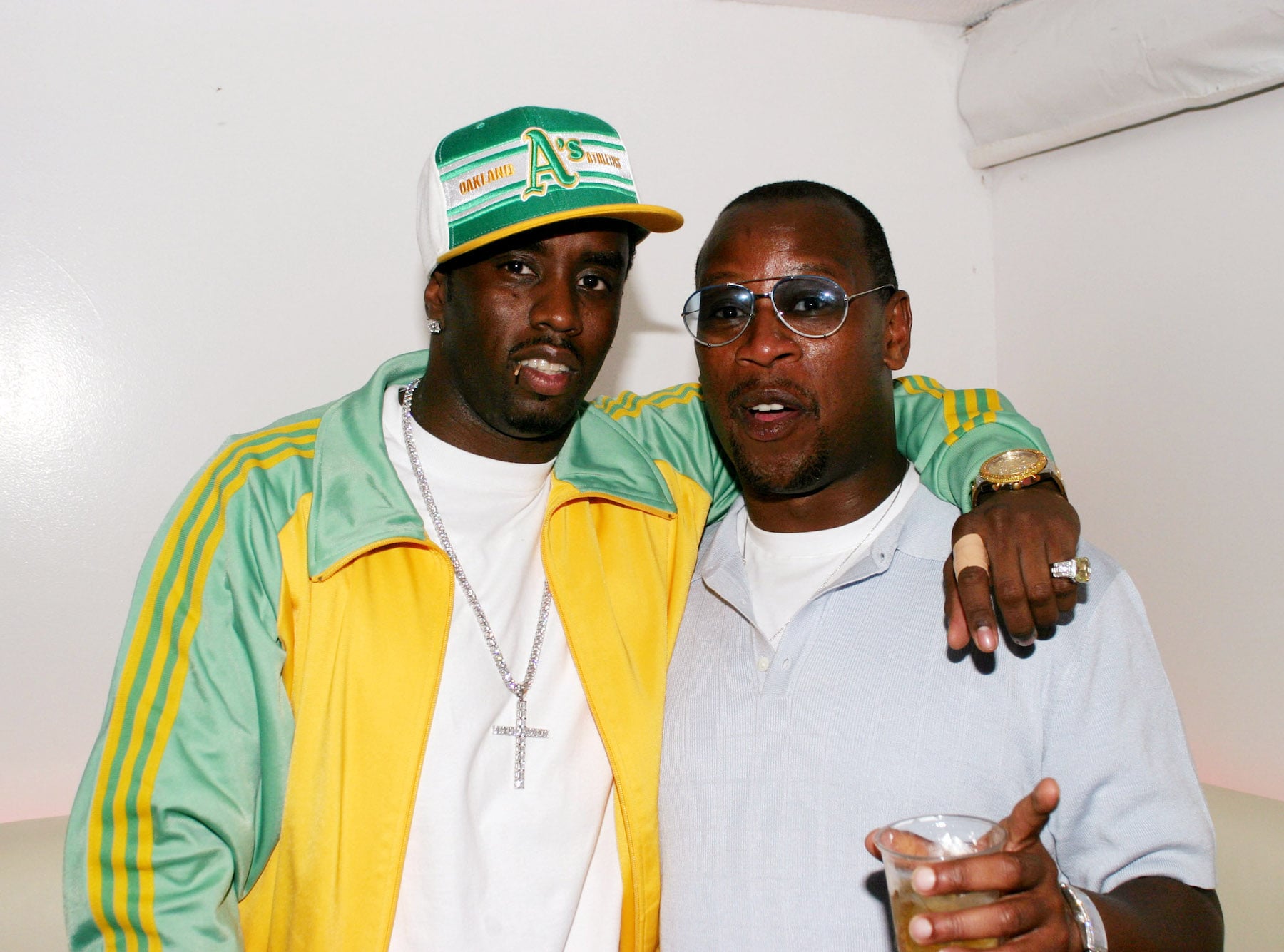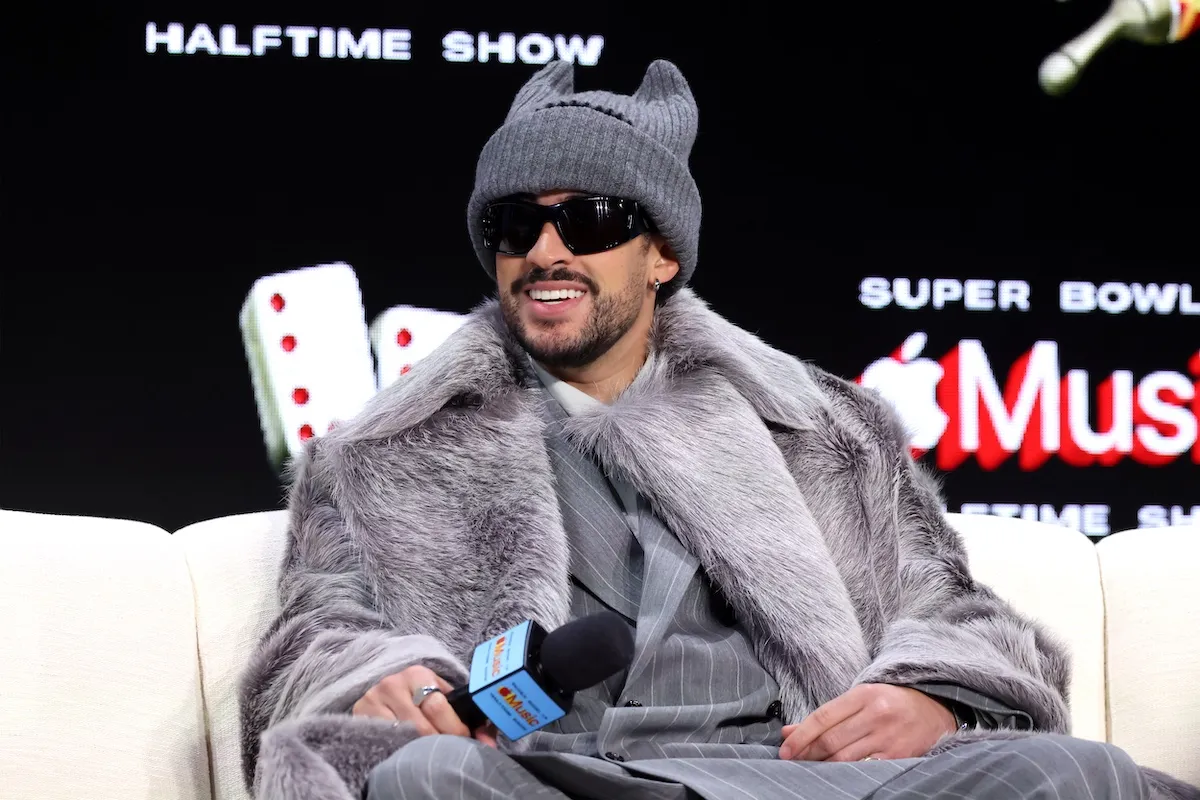
Why Diddy Was Fired From Uptown Records, According to Puff Daddy Himself
In the late 1980s, Diddy dropped out of school at Howard University to pursue his career goals full time. He had been hired by Uptown Records founder Andre Harrell and was brought on to work under him. Diddy was eventually fired from Uptown Records in 1993, leading the hip-hop record executive to chart his own path in the music business.

Diddy and Andre Harrell had a close relationship
Diddy and Harrell had a friendly relationship, even after Harrell let Diddy go from Uptown Records. At Clive Davis’ 2020 pre-Grammys gala, Diddy paid tribute to Harrell and everything he did for him.
“I want to take the time to thank Andre for being a big brother; for believing in me,” he said. “Dre, I’m only standing up here because you gave me the chance, you gave me the opportunity. But most importantly, as we all have to do, as a Black man you took me under your wing. You were patient with me and you taught me and you talked to me and you taught me about the game. You taught me what it means to be a record man, and you believed in me. You kept teaching me. Even until today you still teach me.”
Diddy went on to share more special words about their relationship, adding that Harrell represented a father figure in his life. “I call you my big brother, but tonight I’ve gotta tell you the truth. I told you my father died when I was two and a half. Andre, you’ve been my father for like the last 30 years,” he said honestly. Harrell died just a few months later in May 2020.
Diddy was fired from Uptown Records
Diddy reflected on his getting fired from Uptown Records in a 2006 interview with Oprah Winfrey.
“As I walked through the record company, I knew that it was exactly where I wanted to be. It felt like home,” he said.
“I was like a wonder kid at Uptown,” he continued. “The first record I produced sold two million copies — and I’d only produced it because the producer didn’t show up. My talent is definitely a gift. I don’t understand where it comes from. I don’t play an instrument, and I never went to school for music production, but I know exactly how a song should sound and how to give an artist direction.”
“At Uptown, I sold a huge number of records. I was very passionate, and I didn’t understand protocol or workplace politics,” he added. “So I got fired because there can’t be two kings in one castle. I wasn’t trying to be disrespectful to Andre, but I was fighting so hard. He wanted to be more diplomatic and to make sure everybody felt involved.”
“Getting fired was one of the best things that could have happened to me,” he said honestly. “It taught me that putting out a record is a team effort. It taught me how to motivate people. It taught me not to get caught up in my own hype. I’m glad I learned that at a young age. But still, I didn’t want to go out like that. I didn’t want to disappoint the person who put me in the game. Later I made it up to Andre by changing. Then he came and worked for me, so our roles were reversed.”
Diddy went on to create his own record label, Bad Boy Records
Harrell fired Diddy from Uptown Records in July 1993. Diddy wasted no time in wallowing after the fact, and got straight to work on his next venture.
By the end of the year, Diddy had created his own record label, Bad Boy Records. Its first signee was none other than The Notorious B.I.G., whom Diddy had discovered while at Uptown, and the first record released on the fledgling label was Biggie’s 1994 smash debut album Ready to Die.


